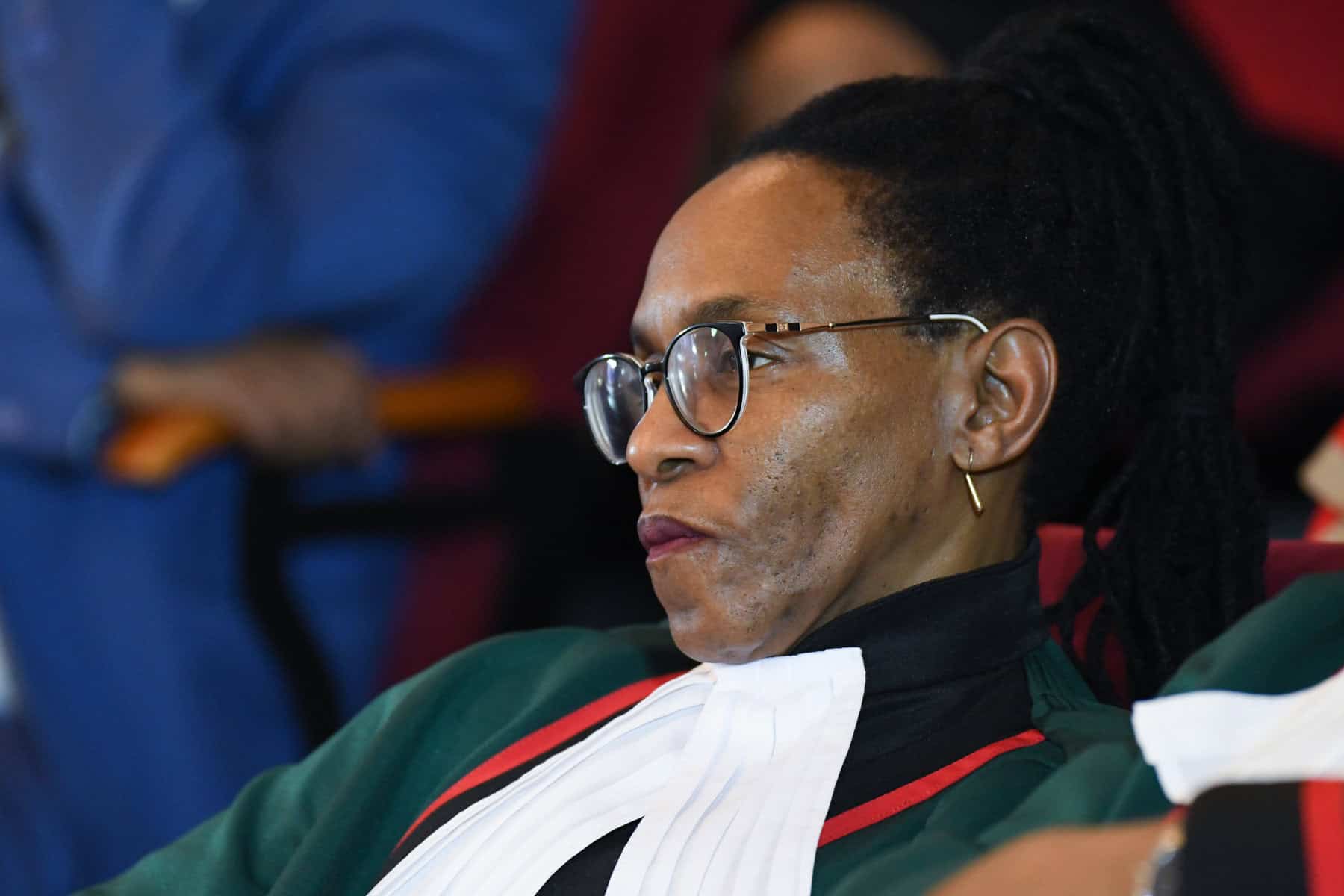Experts commend courageous decision by Ramaphosa
The president chose to prioritise the rule of law, which Zondo stood for as jurist, and what is best for the country and the judiciary.

President Cyril Ramaphosa. Picture: GCIS
By choosing Raymond Zondo as the new chief justice, President Cyril Ramaphosa has displayed a new backbone and rejected populist decision-making demanded by Julius Malema and others, according to political commentators.
Instead, say some experts, the president chose to prioritise the rule of law, which Zondo stood for as jurist, and what is best for the country and the judiciary.
The shortlist for chief justice also included Supreme Court of Appeal Judge President Mandisa Maya, Constitutional Court Justice Mbuyiseli Madlanga and Gauteng Judge President Dunstan Mlambo.
Political analyst Prof Dirk Kotze from the University of South Africa said Zondo’s choice as chief justice was an indictment on two of the members of the committee which interviewed the candidates – Malema, leader of the Economic Freedom Fighters (EFF), and advocate Dali Mpofu – who had tried to humiliate Zondo and Mlambo while favouring Maya during interviews for the position.
“It’s an indictment on them; they neither have influence nor the veto power in the decision-making of the Judicial Service Commission.
“Ramaphosa demonstrated that he wouldn’t be sway by them,” Kotze said.
North-West University’s Prof Andre Duvenhage said the decision represented the rise of Ramaphosa’s political power and showing of new backbone.
“It shows Ramaphosa is now in control of the state and that he is winning the fight within the ANC,” he said.
“He is now in a stronger position to make such a strong decision in the way he likes.”
The president acted within his constitutional mandate to appoint a chief justice he felt would do the job efficiently. Zondo’s elevation was important due to his steadfastness on the rule of law.
“There is no doubt that Zondo was the best candidate and his appointment is going to benefit both the state and the rule of law. It is important for the rule of law not to appoint a populist candidate to head the judiciary,” Duvenhage said.
Kotze said the decision stood for the defence of the judiciary and the rule of law.
“The job needs someone with skills and experience like him because it was not only about heading the country’s apex court, but you become the CEO of all courts and the entire judiciary in the country,” he said.
ALSO READ: What you need to know about Raymond Zondo, SA’s new Chief Justice
As the deputy chief justice, there would have been no justification for not appointing Zondo, as there was no clear disqualification against him.
Besides, the judge enjoyed massive public confidence and support across the board among all races and classes because of his work as chair of the Commission of Inquiry into State Capture.
Prof Barry Hanyane from North-West University said the appointment of Zondo was the wise decision and part of reclaiming the state that was ravaged by state capture.
The decision also cushioned Maya as Zondo’s successor.
“The judiciary stands to benefit in the appointment of CJ Zondo in that here is a person who brings with him immediate past experience, the understanding of how the machinery works and some kind of enhanced vision.
“One day one would be able to argue to say there will be continuity then and there will be consistence.
“It’s a matter of playing the cards close to the president’s chest and also playing them for the sake of the future of the judiciary to invest in persons who can deliver.”
– ericn@citizen.co.za
For more news your way
Download our app and read this and other great stories on the move. Available for Android and iOS.









